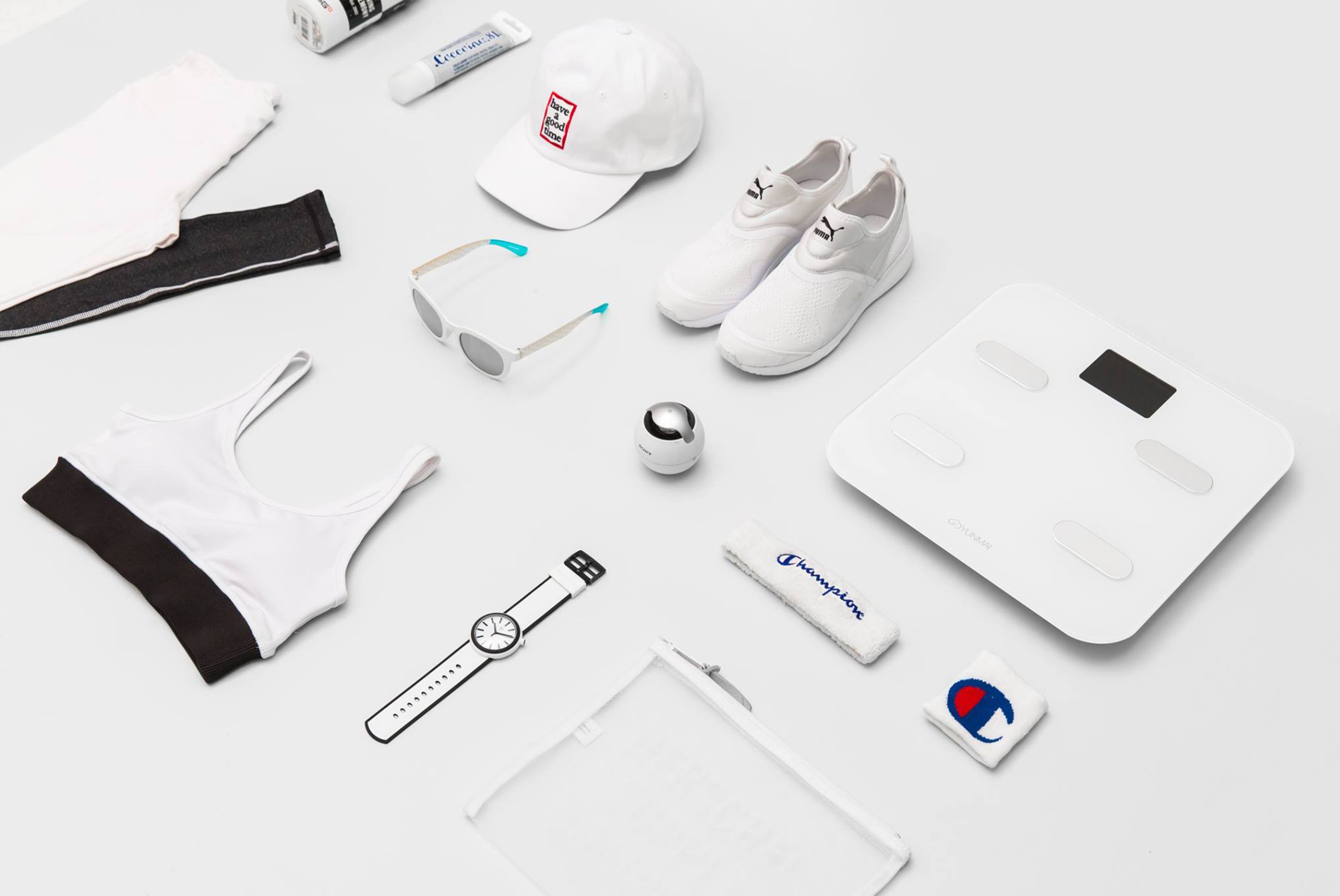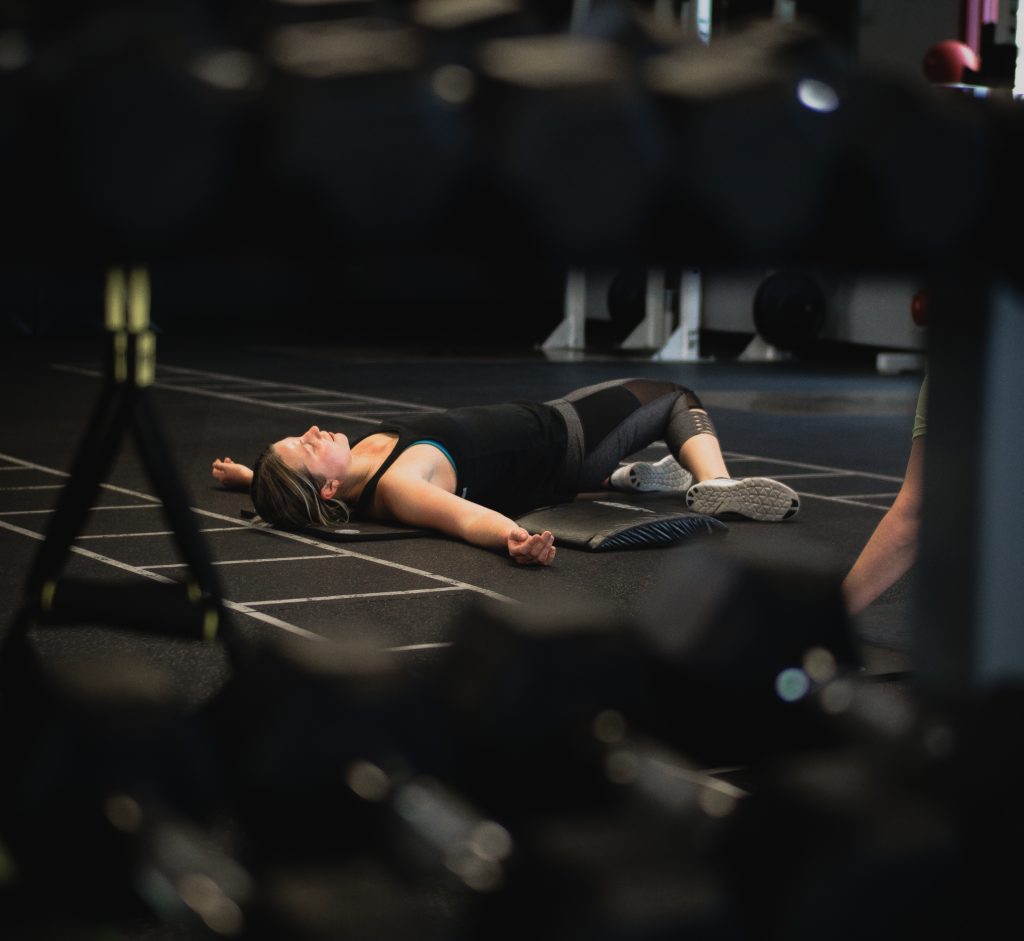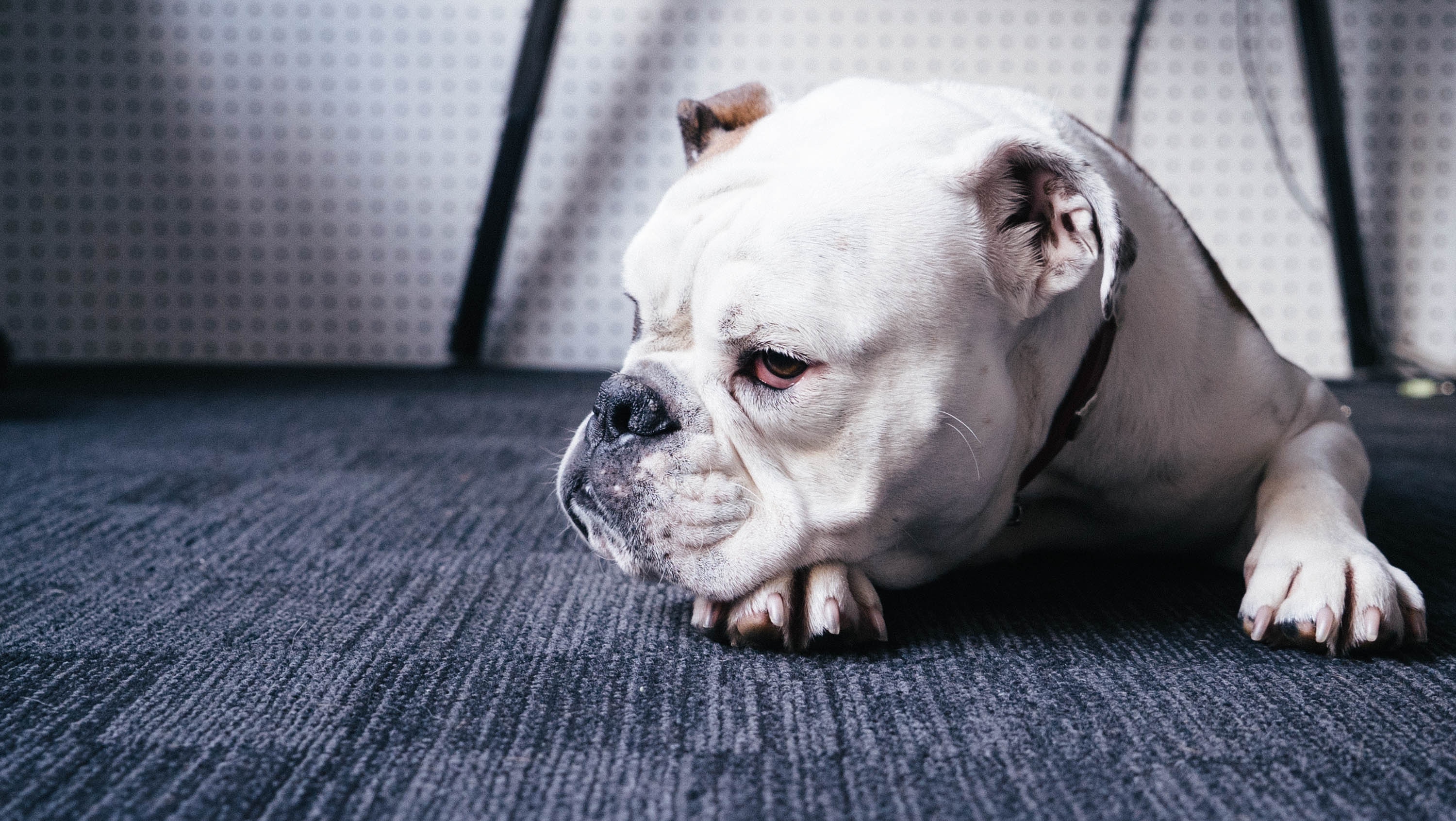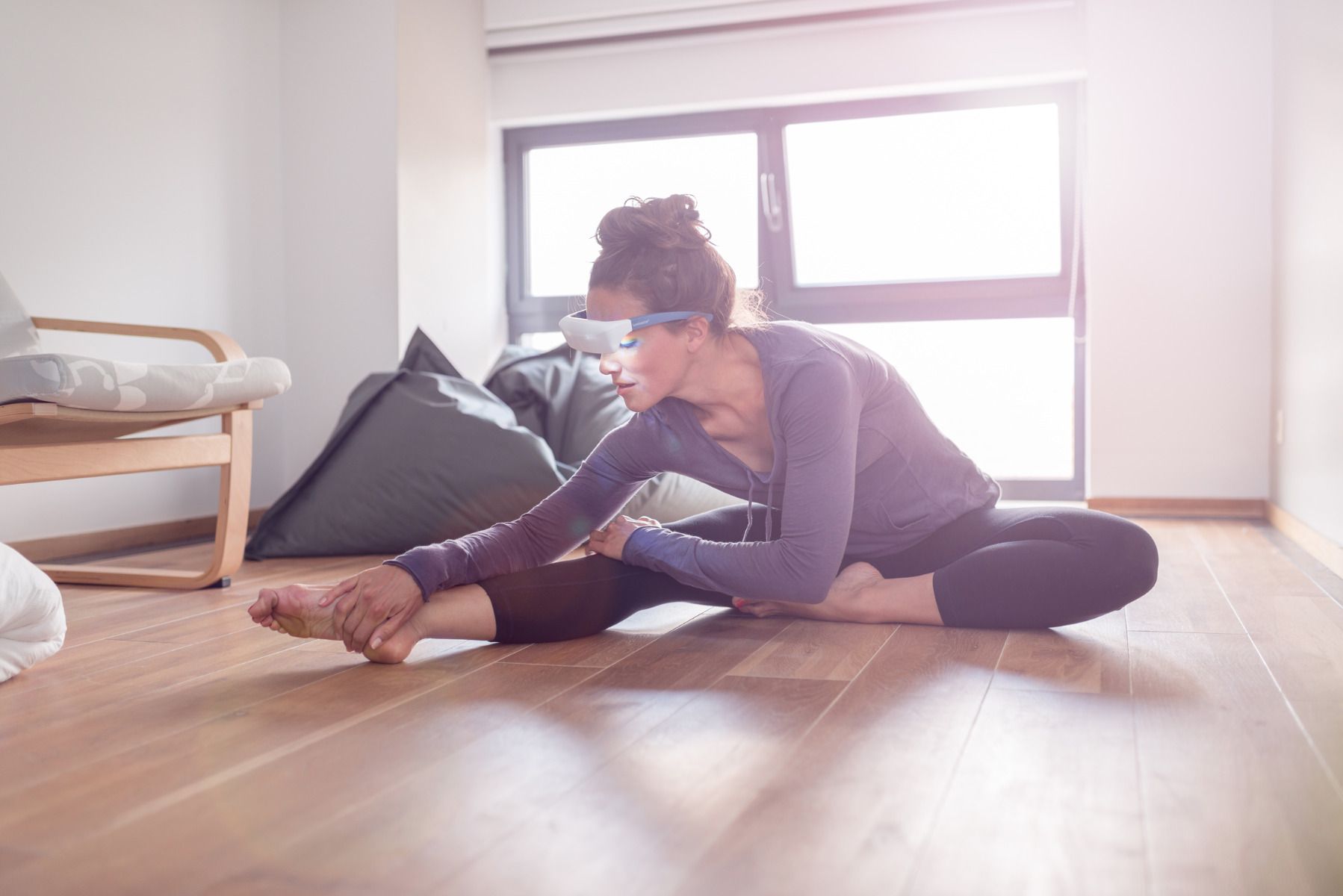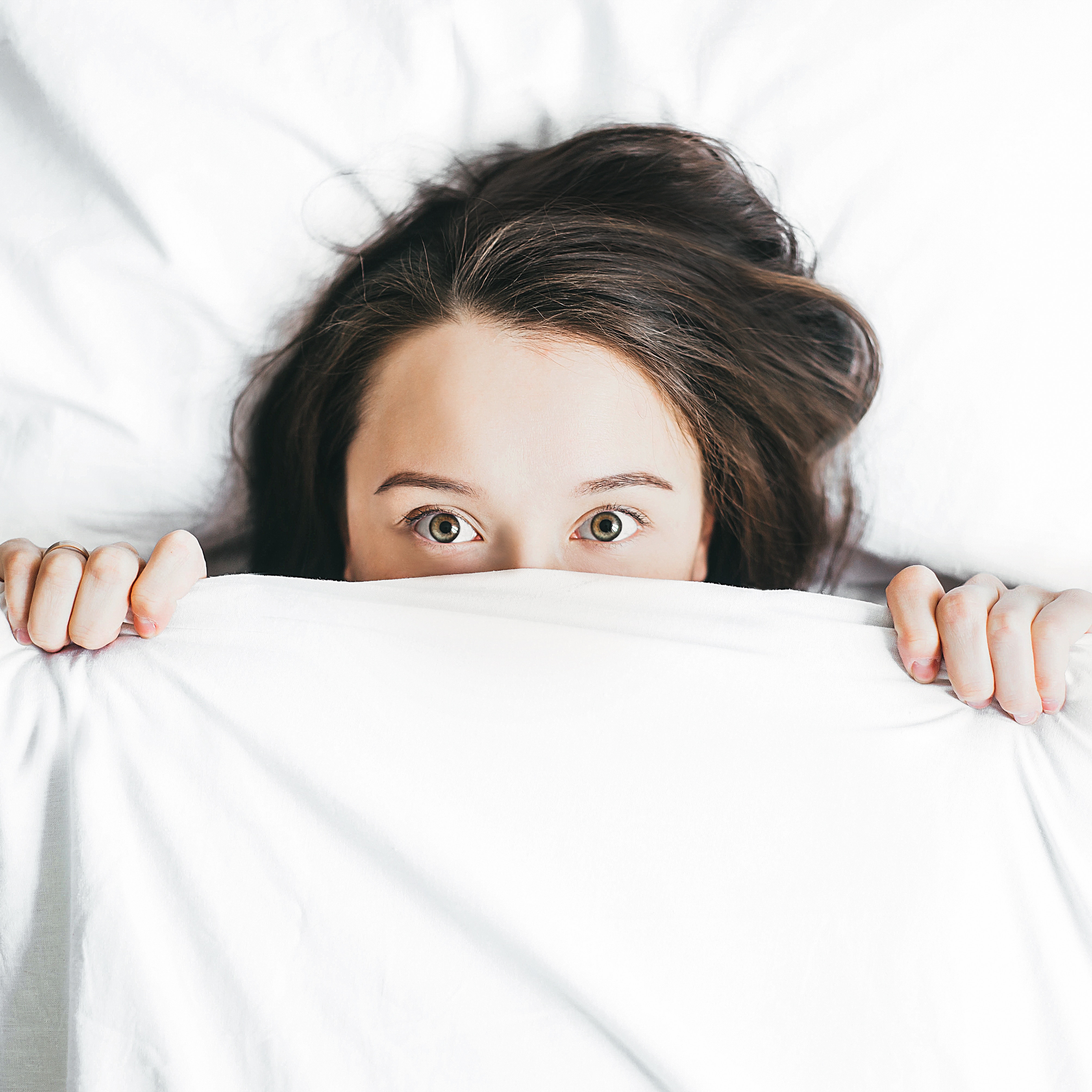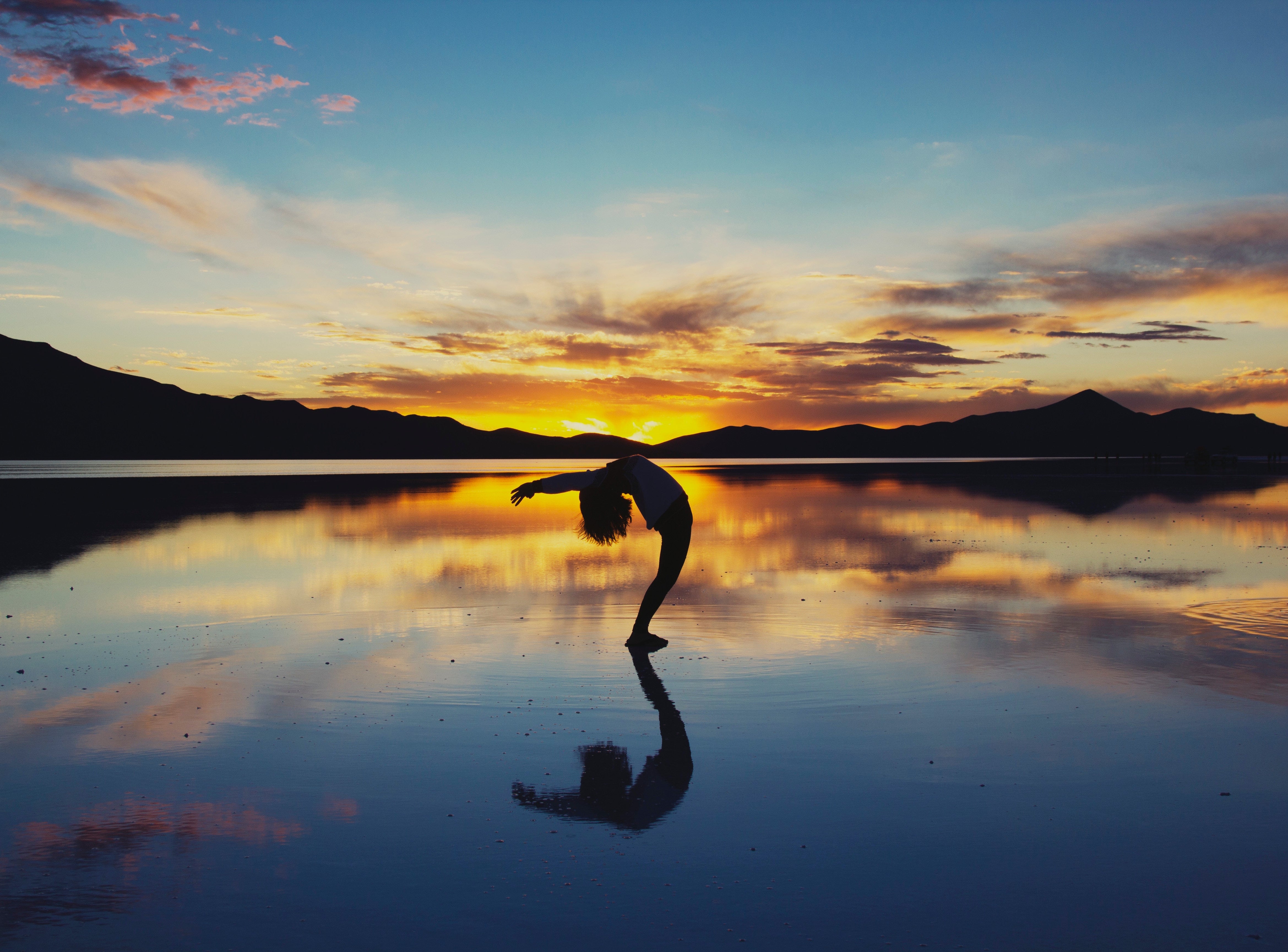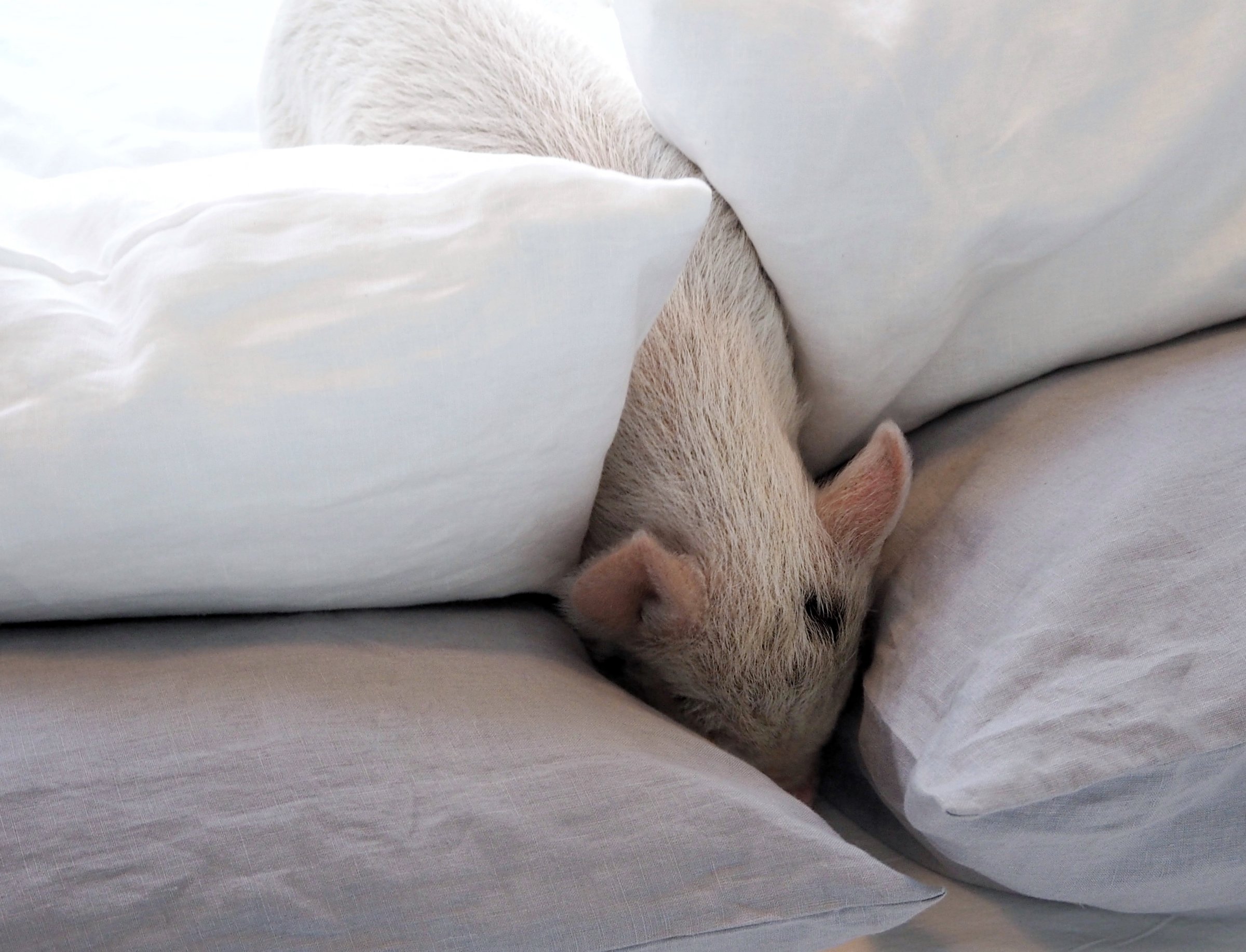For those of you who managed to stick to your New Year’s resolutions – or at least, the “Do more exercise and eat more healthily” one – congratulations! Whether it’s swimming, yoga, running or general workouts in the gym, you’ve managed to overcome the changes in daily schedules, diet and general energy expenditure that were just too much for many of us.
But then, how did those changes in your life make you feel? Did such alterations leave you feeling depleted or exhausted, unable to do anything else but, sleep?
For anybody who engages in regular, intensive bouts of exercise, the need for rest and recovery is obvious. And yet, from speaking both to friends and looking at my own personal experiences with sports and exercise, the significance of rest continues to be enormously underrated.
In other words, however much we’re each told that ‘resting’ is essential to maintaining a high-level of performance, we either continue to overtrain, or experience feelings of guilt or shame whenever we take a day off.
The same then goes for sleep. How much does high-quality, extended periods of sleep each night really impact on training, and long-term fitness? Sure, muscles need to recover. But so long as I’m eating the right food and enough protein, that should take care of itself, shouldn’t it?
Surely 6 hours’ sleep and a gym session before work is more useful than 8 hours’ of sleep, minus the trip to the gym?
The Research
Previously, evidence concerning the impact of sleep deprivation upon even the most athletic within society was somewhat hazy. Those of us who strongly emphasised the significance of rest days and so forth, were largely reliant upon inference from other sleep-related studies – such as immune function and brain function – or simply theory.
But the work of Dr. Eve Van Cauter, from the University of Chicago Medical School, may have changed that, with the discovery that sleep deprivation can have a particularly large impact on our basic metabolism, and not getting enough sleep can slow glucose metabolism by as much as 30 to 40 percent.
Dr. Van Cauter for example, focussed on the effects of three different durations of sleep in eleven men, aged 18 to 27. For the first three nights of the study, the men slept 8 hours per night. Then, for the next six nights, they slept 4 hours per night. And finally, for the last seven nights, they slept 12 hours per night.
Results showed that after 4 hours of sleep per night (the sleep deprivation period), they metabolised glucose least efficiently. What’s more, levels of cortisol (the stress hormone) were higher during sleep deprivation periods, something that has previously been linked to memory impairment, insulin resistance, and impaired recovery in athletes. After just one week of sleep restriction, healthy, young males began to display rather unhealthy glucose / blood sugar levels, and consequently, aiding in a rapid deterioration of the body’s functions.
As a result, Dr. Van Cauter concluded that sleep deprivation could lead to increases in cortisol, reductions in human growth hormone (essential to muscle tissue repair), and decreased glycogen synthesis.
This should be of particular concern to endurance athletes, and those who regularly engage in sports beyond 90 minutes in length. Glycogen after all, is our stored form of Glucose, and together they represent the main form of energy storage in any athlete. Slower storage and usage of glycogen, combined with the effect of cortisol on our ability to rest and allow for hormones (such as human growth hormones) to take effect, creates an athlete effectively putting their body in harm’s way.
What Can Be Done?
Dr. Van Cauter’s experiment doesn’t answer all of our questions. Debates concerning the difference in quality of sleep between the sexes continues to fascinate sleep scientists, as do those studies linking sleep deprivation with decreased reaction speeds etc.
But considering the evidence currently available to us, it would appear that matching high-intensity exercise, with relatively ‘intensive’ bouts of recovery and rest, would ensure both optimal improvements in fitness, and life in general.
Making changes to your current regime may be difficult. After all, most of us will have spent months, even years, on the same work-exercise schedule. However, below are some tips to help push you in the right direction, towards solving that work-hard-sleep-hard conundrum.
7-8 Hours of Shut Eye:
Managing your day to make sure that you can get 8 hours’ sleep isn’t easy. After all, even if you’re exhausted from working (and working out), you’ll still probably want to spend some time to yourself before going to sleep. And with the array of entertainment now on offer – TV box sets etc. – it’s particularly easy to simply lose track of time. In order to overcome such obstacles however, why not remind yourself of the numerous benefits that comes with keeping a consistent sleep schedule. As chronobiologist Till Roenneberg suggests in his book, “Internal Time: Chronotypes, Social Jet Lag, and Why You’re So Tired,” it’s best for us to keep a consistent schedule, resting and awakening at the same time, both during the week and weekend. One way to do this, is by managing your wake-up in a more natural, more efficient way, as the Lumie allows you to do. Allowing yourself to wake-up with a gradually brightening sunrise, synchronised to your personal sleeping pattern, will ensure that when you awaken you’ll feel properly awake and refreshed, and in time, have regulated your circadian rhythm.

Bathtime is you time:
Every drop of warm, clean water provided entirely for your enjoyment, it’s no wonder that having a bath has been lauded for millennia, especially by those seeking an escape from the pressures of life. Combined however with warming, sensational scents, and minerals craved by your aching muscles, makes bath time a very welcome addition to your evening regime. BetterYou™ Magnesium Flakes, mined from the ancient Zechstein sea deposits one mile below the ground, helps to restore the body’s original magnesium levels, whilst easing muscle tension for normalised function. What’s more, unlike the vast array of bath salts now available, I am personally yet to have found a concoction that dissolves as readily and as quickly as those offered by BetterYou™. Of course, there will be those who advocate ice-cold baths immediately after working out. However, as far as tackling the initial soreness in your muscles and the removal of lactic acid away from your muscles is concerned, heated baths following exercise should only be conducive to your healthy recovery.
Functional PJs:
We spend one third of our lives sleeping. And yet, it would seem that many of us fail to treat our bedroom, and indeed, anything that could potentially help us sleep, with the respect it properly deserves. High-quality pyjamas are just one example of something that could not only last us for several years, but also, dramatically improve our quality of sleep. Until Dagsmejan, sleepwear hadn’t undergone the same level of functional innovation that we have seen in sportswear in past years. But now, after years of research, the Swedish company has released a sleepwear collection scientifically proven to whisk sweat/moisture away from the body, and regulate body temperature using its unique Nattwell® fabric. In essence, this ensures that you remain in the ideal climatic comfort zone for longer, boosting the duration and quality of your sleep.
At the end of the day, eating healthily and exercising is remarkably important to our well-being. But so is sleep. And yet, for no apparent reason other than lack of information, sleep has so far failed to garner the same attention as food or exercise throughout popular culture.
Fingers-crossed however, with greater exposure and a more coherent understanding of sleep’s effect on life, that will soon change.

